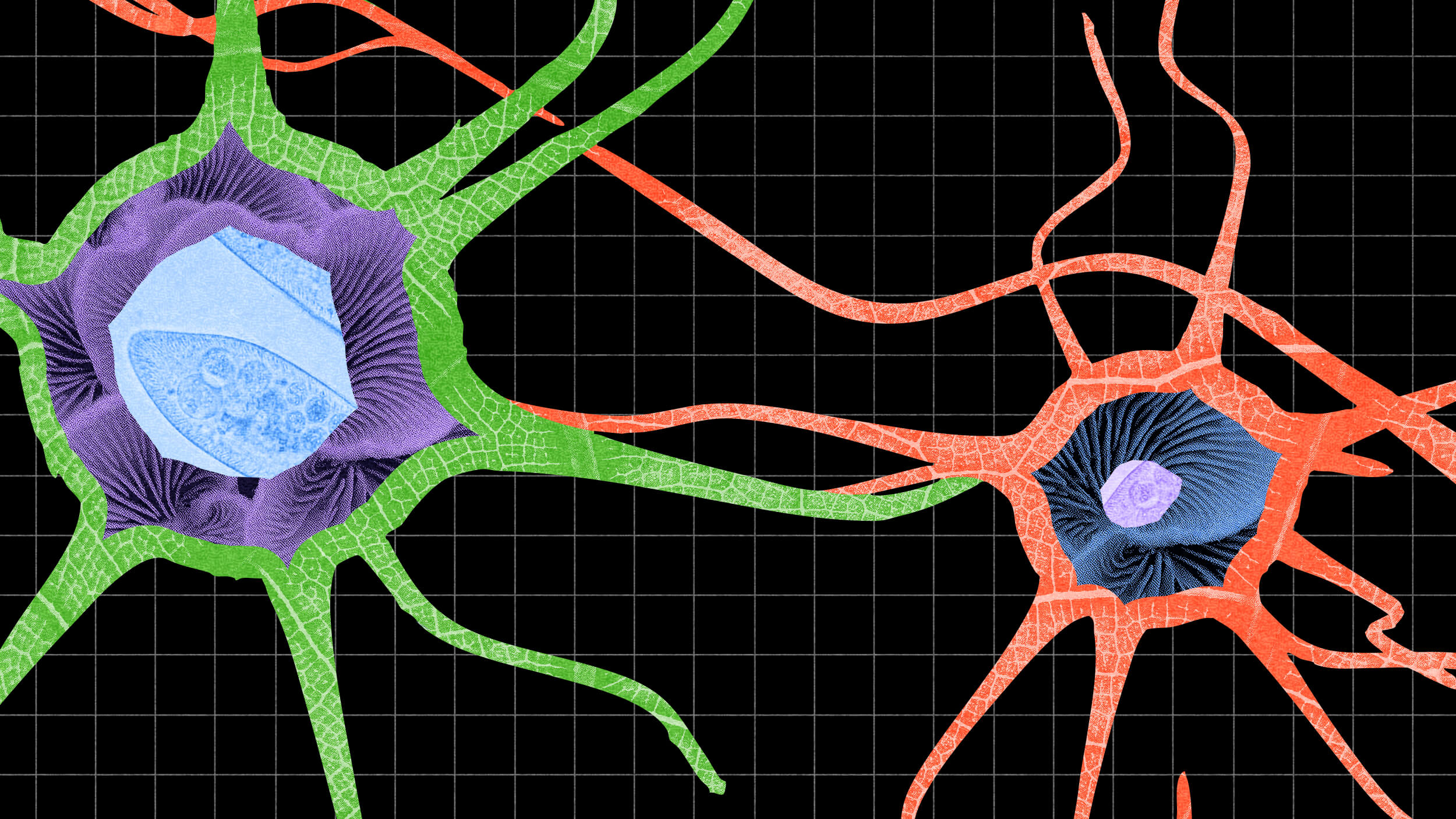Scholars Discuss the Growing Discipline of Science Communication

The open access Journal of Science Communicationhas published several outstanding commentaries authored by a diversity of European, UK, and U.S. scholars assessing growth and trends in the academic discipline of science communication. Below are brief descriptions with links. I will be following up in subsequent posts discussing each of these articles.
I addressed similar questions in a co-authored article published last year (PDF) which I also reviewed in a lecture I gave at the University of Wisconsin, broadcast by Wisconsin Public Television (video here.)
Road maps for the 21st-century research in Science Communication
Nico Pitrelli
This is an introduction to the essays from the Jcom commentary devoted to the statute and the future of research in science communication. The authors have a long experience in international research in this domain. In the past few years, they have all been committed to the production of collective works which are now the most important references for science communication research programmes in the next few years. What topics should science communication research focus on and why? What is its general purpose? What is its real degree of autonomy from other similar fields of study? In other words, is science communication its ‘own’ field? These are some of the questions addressed by the in-depth discussion in this Jcom issue, with the awareness that science communication is a young, brittle research field, looking for a shared map, but also one of the most stimulating places of the contemporary academic panorama. http://jcom.sissa.it/archive/09/03/Jcom0903%282010%29C01/
Notes from some spaces in-between
Alice R. Bell
Science communication is less a community of researchers, but more a space where communities of research coexist to study and deal with communities of researchers. It is, as a field, a consequence of the spaces left between areas of expertise in (late) modern society. It exists to deal with the fragmentations of expertise in today’s society. In between those fragments is where it lives. It’s not an easy position, but an awareness of this unease is part of how science communication scholars can be most effective; as we examine, reflect, debate and help others manage the inescapable cultural gaps of post/late modern knowledge communities.
http://jcom.sissa.it/archive/09/03/Jcom0903%282010%29C01/Jcom0903%282010%29C02
Science communication, an emerging discipline
Brian Trench, Massimiano Bucchi
Several publications have sought to define the field of science communication and review current issues and recent research. But the status of science communication is uncertain in disciplinary terms. This commentary considers two dimensions of the status of discipline as they apply to science communication – the clarity with which the field is defined and the level of development of theories to guide formal studies. It argues that further theoretical development is needed to support science communication’s full emergence as a discipline.
http://jcom.sissa.it/archive/09/03/Jcom0903%282010%29C01/Jcom0903%282010%29C03
Is science communication its own field?
Toss Gascoigne, Donghong Cheng, Michel Claessens, Jenni Metcalfe, Bernard Schiele, Shunke Shi
The present comment examines to what extent science communication has attained the status of an academic discipline and a distinct research field, as opposed to the common view that science communication is merely a sub-discipline of media studies, sociology of science or history of science. Against this background, the authors of this comment chart the progress science communication has made as an emerging subject over the last 50 years in terms of a number of measures. Although discussions are still ongoing about the elements that must be present to constitute a legitimate disciplinary field, we show here that science communication meets four key elements that constitute an analytical framework to classify academic disciplines: the presence of a community; a history of inquiry; a mode of inquiry that defines how data is collected; and the existence of a communications network.
http://jcom.sissa.it/archive/09/03/Jcom0903%282010%29C01/Jcom0903%282010%29C04
From analogue to digital scholarship: implications for science communication researchers
Richard Holliman
Digital media have transformed the social practices of science communication. They have extended the number of channels that scientists, media professionals, other stakeholders and citizens use to communicate scientific information. Social media provide opportunities to communicate in more immediate and informal ways, while digital technologies have the potential to make the various processes of research more visible in the public sphere. Some digital media also offer, on occasion, opportunities for interaction and engagement. Similarly, ideas about public engagement are shifting and extending social practices, partially influencing governance strategies, and science communication policies and practices. In this paper I explore this developing context via a personal journey from an analogue to a digital scholar. In so doing, I discuss some of the demands that a globalised digital landscape introduces for science communication researchers and document some of the skills and co mpetencies required to be a digital scholar of science communication.
http://jcom.sissa.it/archive/09/03/Jcom0903%282010%29C01/Jcom0903%282010%29C05
Coming of age in the academy? The status of our emerging field
Susanna Hornig Priest
Science communication is certainly growing as an academic field, as well as a professional specialization. This calls to mind predictions made decades ago about the ways in which the explosion of scientific knowledge was envisioned as the likely source of new difficulties in the relationship between science and society. It is largely this challenge that has inspired the creation of the field of science communication. Has science communication become its own academic subdiscipline in the process? What exactly does this entail?
http://jcom.sissa.it/archive/09/03/Jcom0903%282010%29C01/Jcom0903%282010%29C06




